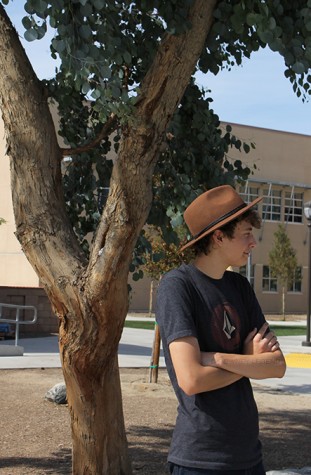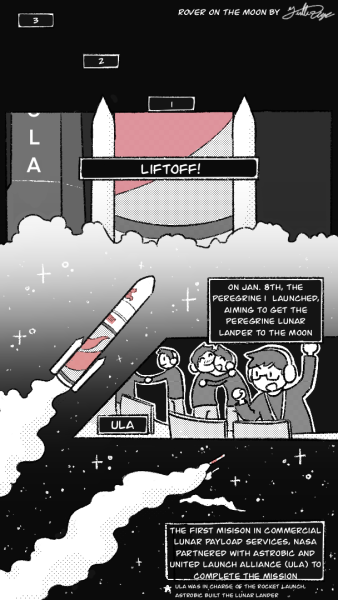Controversial Doritos Commercial
February 24, 2016
During the fiftieth Super Bowl, Sunday, Feb.7, an unexpected Doritos commercial aroused some controversy from pro-choice advocates. The commercial was one of three who entered to win the grand prize of $1,000,000. The commercial was titled “Ultrasound,” and depicted a mother getting an ultrasound of her unborn child while the father eats a bag of Doritos near by. The child then reacts and shows interest in the bag of chips. This was enough to launch accusations from NARAL, National Abortion Rights Action League, stating that the Doritos advertisement was: “anti-choice” and a “tactic of humanizing fetuses.”
“Personally I am pro-choice,” senior, Samuel Vasquez said, “but I still found the commercial to be funny.”
Ten states in the United States require that an abortion provider take an ultrasound and offer the mother to see it before aborting the baby. There has been some controversy on whether the fetus is a living human being or not. Pro-choice advocates are faced with the opposing argument that fetuses are indeed alive and human. That is why NARAL flocked to the Internet following the release of the Doritos commercial; they did not want the fetus to be viewed as any more human.
“Never once did it occur to me that the commercial would stir up controversy,” senior, Jose Alvarez said. “I thought the commercial was funny.”
A recent poll taken by The Beat Poll showed that over 54% of people said that the ultrasound Doritos commercial was their favorite, so not everyone who watched the advertisement viewed it in the same light as NARAL and pro-choice supporters did.
“I thought the commercial was hilarious,” senior, Jeremy Barnette said. “It should of won first place.”
The fact of the matter is that ultrasounds exist, and they are a common experience for parents to have done. So whether or not NARAL, or any pro-choice advocates, disagree with the commercial or not, ultrasounds will still exists and happen every day. We also know that babies show behaviors such as yawning and dancing when they are in the womb, thanks to ultrasound advancements.




